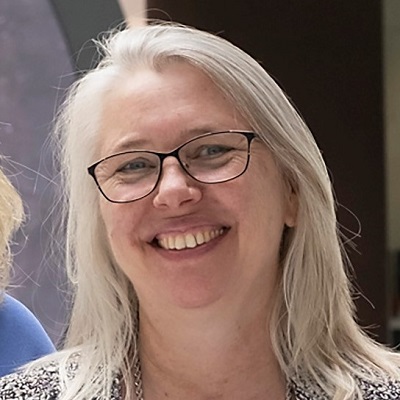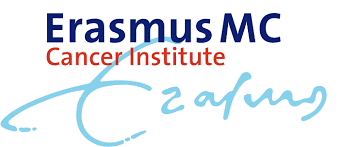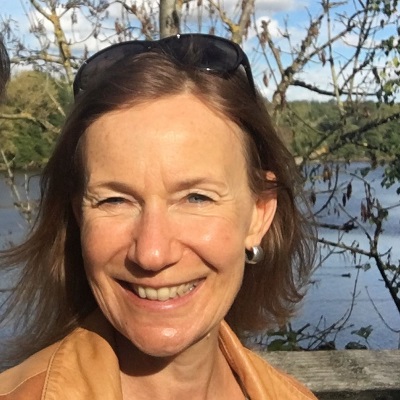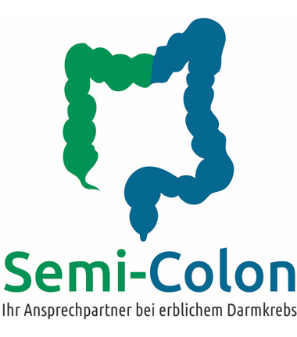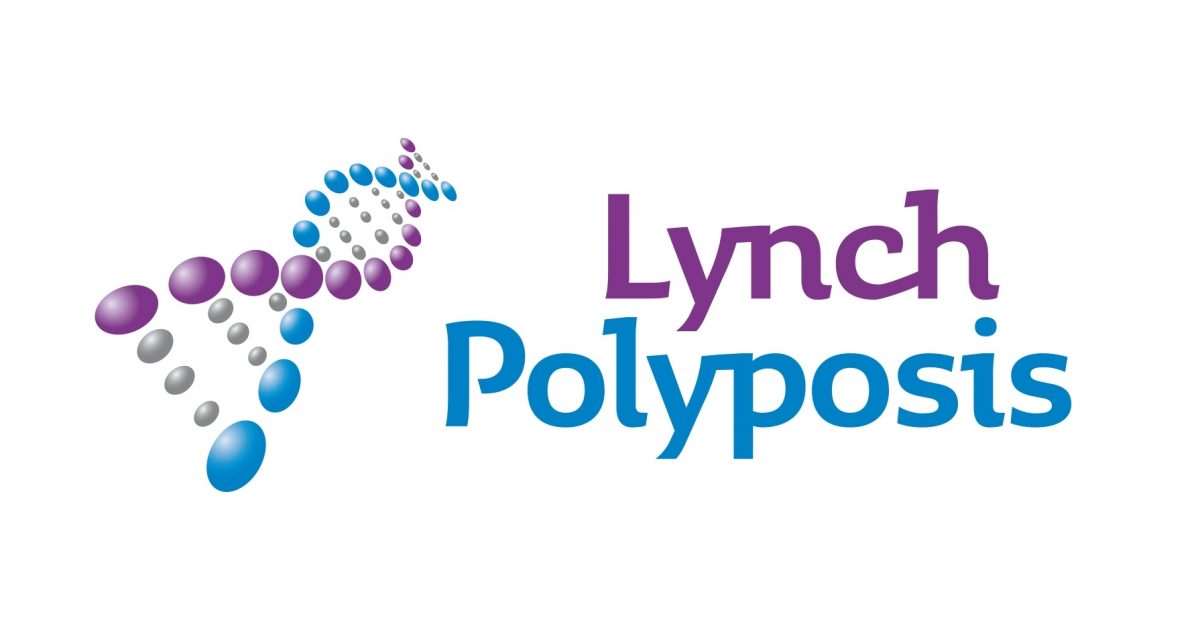Lynch syndrome and polyposis
Lynch syndrome and polyposis
Thematic group 2
Lynch syndrome and polyposis syndromes are rare inherited conditions with a high lifetime risk to develop gastrointestinal tumours as the main and dominating feature. The most common of these is large bowel cancer (colorectal cancer, CRC). As other hereditary conditions, Lynch and polyposis syndromes follow a certain inheritance pattern and thus are accompanied by an increased recurrence risk in relatives. For most of these syndromes, efficient surveillance programmes are available for patients and healthy individuals diagnosed with Lynch syndrome or polyposis syndromes to reduce the cancer risk.
Lynch syndrome is one of the most frequent hereditary conditions that increases the risk of developing large bowel cancer and a spectrum of other extracolonic tumours, in particular endometrial cancer in female carriers.
Polyposis syndromes are disorders where multiple polyps are present throughout the gastrointestinal tract, which, if not detected early and removed, may result in colorectal cancer. The occurrence of single colorectal polyps is a common and age-related phenomenon. However, when multiple or specific polyps develop, in particular at young age, a genetic predisposition is likely. Depending on the type of polyps, several polyposis syndromes can be identified, which differ in terms of age of onset, polyp number and distribution, CRC risk and the likelihood to develop tumours and other symptoms outside the gastrointestinal tract. The most relevant polyposis syndromes can be divided in three main groups:
- Adenomatous polyposis syndromes (Familial adenomatous polyposis, MUTYH-related polyposis, AXIN2-related polyposis, Polymerase proofreading related polyposis, NTHL1-related polyposis, MSH3-related polyposis; MBD4-associated neoplasia syndrome (included in Thematic disease group 4 Other rare genturis)).
- Hamartomatous polyposis syndromes (Juvenile polyposis syndrome, Peutz-Jeghers syndrome)
- Other polyposis syndromes (Serrated polyposis syndrome, Hereditary mixed polyposis syndrome, Gastric adenocarcinoma and proximal polyposis of the stomach)
Not in all patients with polyposis an underlying genetic predisposition is found and based on the patient of family features, surveillance may be offered to these patients and their relatives.
Older denominations such as Gardner syndrome, Turcot syndrome, Muir-Torre syndrome or Attenuated Familial Adenomatous Polyposis described phenotypic subtypes of other syndromes and should no longer be used.
Thematic leads
The thematic leads for Lynch syndrome and polyposis are:
| Verena Steinke-Lange, clinical geneticist at the Medical Genetics Center in Munich, Germany | |
| Anja Wagner, oncogeneticist at the Erasmus MC in Rotterdam, the Netherlands. | |
|
|
Patient representatives
| Nicola Reents (L), secretary of Familienhilfe Darmkrebs e.V. / Semi-Colon (German patient association for Lynch and Polyposis) and Georgina Hoffmann (R), member of Familienhilfe Darmkrebs e.V. / Semi-Colon | |
| Jurgen Seppen, chairman of the Dutch Lynch and Polyposis Foundation. | |
A non-exhaustive list of patient associations for genetic tumour risk syndromes in EU member states can be found here.
Healthcare Providers with expertise in Thematic Group 2 Lynch syndrome and polyposis
Country |
City |
Name of Healthcare Provider |
|---|---|---|
|
Austria |
Innsbruck |
|
|
Belgium |
Ghent |
|
|
Leuven |
||
|
Czech Republic |
Brno |
|
|
Finland |
Helsinki |
GENTURISFINSN consortium (HUS Helsinki University Hospital and OYS Oulu University Hospital) |
|
France |
Rouen |
|
|
Germany |
Bonn |
Center for Hereditary Tumor Syndromes (CHT), University Hospital Bonn |
|
Dresden |
||
|
Munich |
||
|
Italy |
Bologna |
|
|
Milan |
||
|
Rome |
||
|
Siena |
||
|
Lithuania |
Vilnius |
|
|
Netherlands |
Amsterdam |
|
|
Groningen |
||
|
Leiden |
||
|
Nijmegen |
||
|
Rotterdam |
||
|
Norway |
Bergen |
|
|
Poland |
Szczecin |
Pomeranian Medical University - University Clinical Hospital no 1 |
|
Portugal |
Lisbon |
Instituto Português de Oncologia de Lisboa Francisco Gentil, EPE |
|
Porto |
||
|
Spain |
Barcelona |
Hospital Germans Trias I Pujol - lnstitut Catala d'Oncologia |
|
Sweden |
Stockholm |
*These HCPs are Affiliated Partners of ERN GENTURIS


